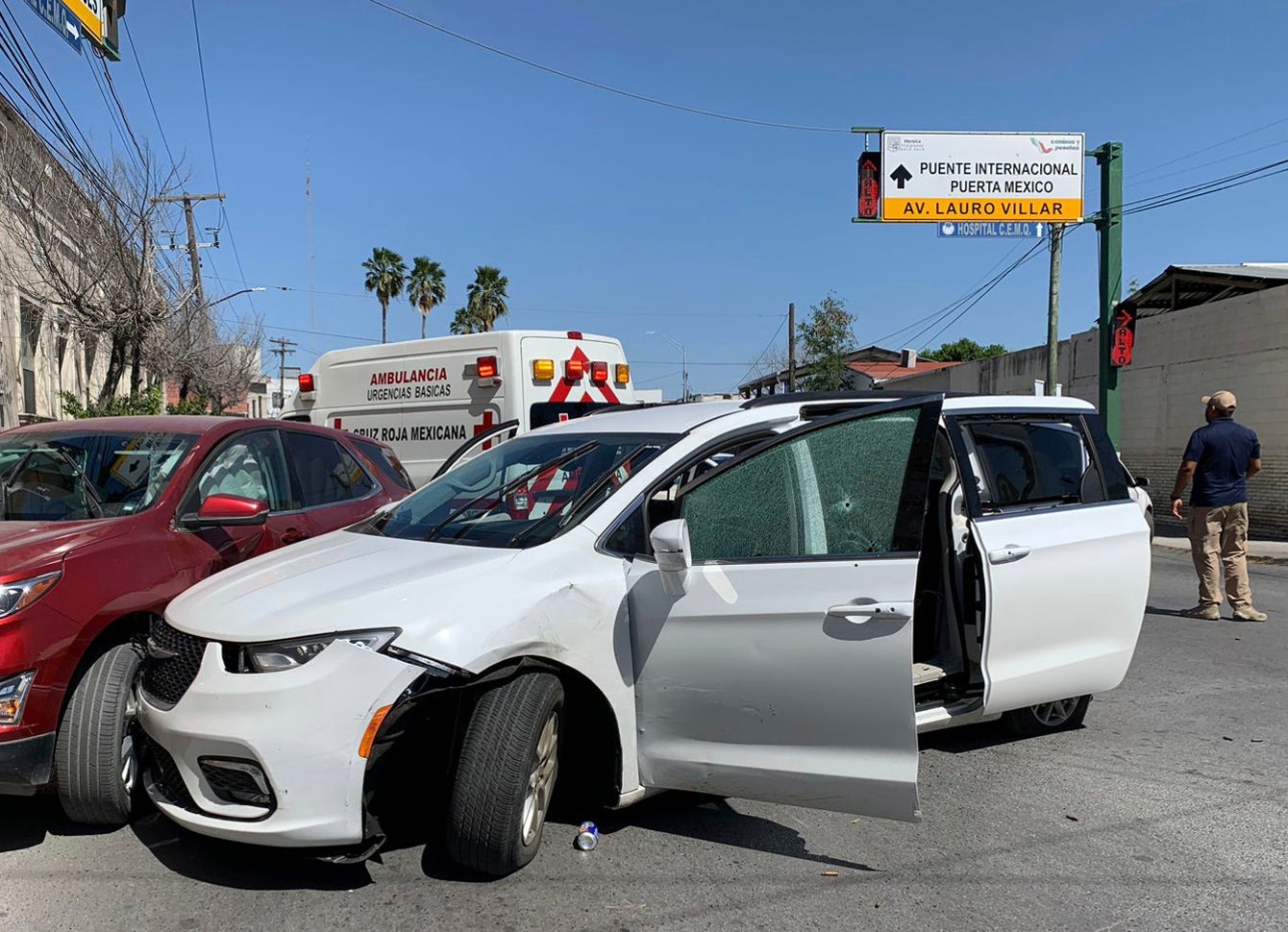Survivors of fatal abduction talk grisly captivity in Mexico
One of the two survivors of a deadly abduction last month in Mexico says she watched the video of the drug cartel shootout that killed two of her close friends from one of her kidnappers’ phones

Your support helps us to tell the story
From reproductive rights to climate change to Big Tech, The Independent is on the ground when the story is developing. Whether it's investigating the financials of Elon Musk's pro-Trump PAC or producing our latest documentary, 'The A Word', which shines a light on the American women fighting for reproductive rights, we know how important it is to parse out the facts from the messaging.
At such a critical moment in US history, we need reporters on the ground. Your donation allows us to keep sending journalists to speak to both sides of the story.
The Independent is trusted by Americans across the entire political spectrum. And unlike many other quality news outlets, we choose not to lock Americans out of our reporting and analysis with paywalls. We believe quality journalism should be available to everyone, paid for by those who can afford it.
Your support makes all the difference.One of two Americans who survived a deadly abduction last month in Mexico says she watched the video of the drug cartel shootout that killed two of her close friends on one of the kidnappers' phones.
A road trip for cosmetic surgery took a fatal turn on March 3 when Latavia McGee and three friends crossed into a border town dominated by factions of the powerful Gulf drug cartel where they were fired on and loaded into a pickup truck. McGee and Eric Williams survived but Shaeed Woodard and Zindell Brown died. All grew up together in Lake City, South Carolina, a town of fewer than 6,000 people.
McGee and Williams discussed the experience in an interview Tuesday with CNN's Anderson Cooper.
The all-too-familiar sounds of the gunshots and commotion from the abduction rang out from someone's phone in the house where masked, gun-toting members of the cartel had taken them, McGee recalled. When she got confirmation that the video depicted her kidnapping, she asked if she could see it.
“I just started crying," McGee said of her reaction to the video. "I was like, ‘I’m never going home.’”
Learning of the video's circulation made her feel “a little better,” McGee said, but she still didn't know if their families had any knowledge of the events. Indeed, the events shook families across the Carolinas who said they agonized for days waiting to hear whether their loved ones had survived.
McGee and Williams shared grisly details with CNN about their days held captive in a remote region of the Gulf Coast. At one point the two friends said the cartel tried to make them have sex.
Williams, sitting in a wheelchair with a brace on his left leg, told CNN that the cartel brought them to a clinic after questioning them at gunpoint. Williams, who had been shot in the left leg, said the someone stitched his wound on a two-by-four.
McGee's despair persisted as cartel members drove them around blindfolded in trucks filled with police scanners.
“They knew what was going on. They always was a step ahead," McGee told CNN. “I was like, ‘They’re never going to find us like this.’”
Their fortunes changed when McGee said they awoke one night from the dark room in a remote region of the Gulf Coast. A man holding a phone light entered and said he was fighting with his boss to free them after “somebody made the wrong call," according to McGee.
Early on the morning of March 6, the two survivors said the cartel dropped the four Americans at a wood shack where officials later found them. Williams said he lay covered on the floor of a pickup truck, hidden by the dead bodies of Woodard and Brown.